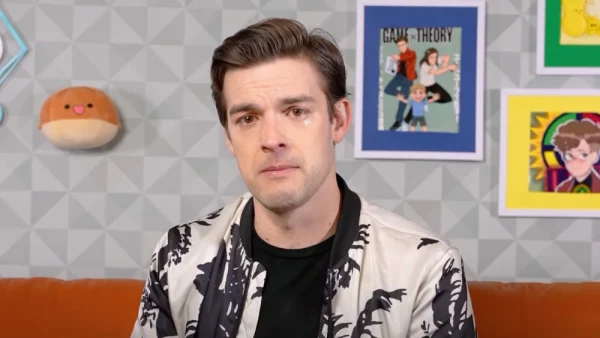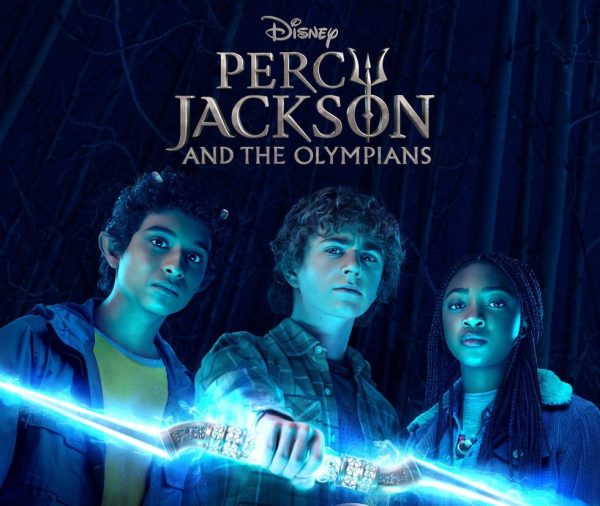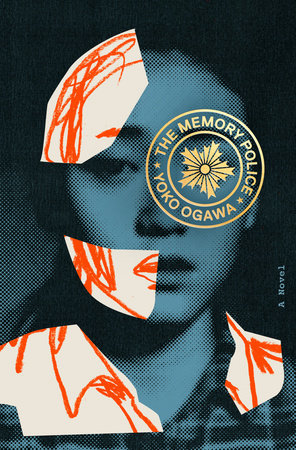Generational Trauma Displayed in New Disney Movie
Disney’s latest release Encanto, recently took the world by storm. Released on November 24, 2021, Encanto is about the Madrigal family that is hidden in the mountains of Columbia in their own magical house and village provided to them by a miracle candle. The magic candle blessed each one of the Madrigal kids with a special gift to help the village but the magic failed on one- Mirabel. She may be the only one without powers but she is the family’s last resort to save the miracle and everyone’s powers.
It wasn’t long after the movie was released that people started picking the movie apart and realizing its hidden meanings and things you’d miss the first time you watched it. People started seeing their lives in this movie. They were being represented with the character and the trauma they felt. The ten different characters are connected with different traumas.
The head of the Madrigal family is Abuela Alma. She was only 25 years old when she had to flee her home and start again which is where her trauma is rooted. Abuela was left alone with 3 children when her husband went missing. Abuela is the “villain” in the movie, however, her actions didn’t start from nothing. There’s no true villain in this storyline but Abuela is the antagonist, she argues and goes against mirabel. Abuela is a very complex character as she acts from a place of trauma, she’s not being cruel for no reason. She built up walls to protect herself and her family and doesn’t want it to be ruined.
One of Abuela’s triplets, Julieta, fixes everyone’s problems. She is the peacekeeper of the Madrigal family. Julieta has the power to heal people with her food. She literally shows her affection through her food. Showing love with food is done everywhere but is predominantly shown in Latin and POC communities. Viewers argue that Julieta didn’t have much personality, but when you’re the mediator of a family, you’re directly in the middle and tend to be more neutral.
Abuela’s second triplet is Pepa and she is very emotional. Her emotions control the weather in their little village. Depending on her mood, Pepa summons clouds when she’s distressed or sunlight when she’s content. Abuela tells Pepa to remove the clouds when she’s upset. Pepa can never truly feel her real emotions and because Abuela controls Pepa’s emotions to prevent rain. Pepa’s power ties into her first son Camilo, who has the power to shapeshift into different people. With different people come different personalities. Camilo can never be himself as his powers are masking his identity. He wants everyone to like him so he turns into them while talking to them so they reciprocate the same energy as the other person. Both Camilo and Pepa aren’t really their true selves in this movie.
The other triplet, Bruno, is the family’s first black sheep. Bruno’s power allows him to view the future. When he sees into the future and it’s something bad, he gets bashed and angers everyone simply by telling them what they asked for. Bruno is able to see things that the family cannot, he views the world differently than his family. Because of this, his family, mainly Abuela, disowns him and he ends up running away even though he loves his family.
The eldest grandchild, Isabela is the family’s golden child, the perfect one. She is expected to preserve her status of being perfect so she will do anything that the family asks of her. In the movie she’s expected and agreed to marry a man chosen by the family but she doesn’t really want to marry him. She’s doing it for the family to “keep the miracle alive” and keep her family’s social status in their village alive. In many Latino families, being the oldest means to have the most expectations of you. She’s expected to do all of this and be perfect because she is the oldest grandchild.
“I resonated a lot with the character Isabela, i’m the oldest between me and my sister and I have a lot of expectations on myself from family because im my younger sibling’s role model” sophomore Zayra Torres
Dolores hears what everyone is saying all the time. In the movie she barely speaks over a whisper. It is said that she’s quiet because she’s been told to be quiet her whole life. She’s been hearing peoples’ secrets and she’s been just saying them not knowing they were secrets. Therefore, she’s been told to “be quiet!” and “don’t say that!” all the time. As a result, she finds it difficult to express herself and has become a very quiet person.
Luisa is the strong one, physically and emotionally. She carries the family burden on her back. People depend on her to protect, help, and save them. Being seen as tough comes with the stereotype of being strong emotionally and she pulls off that act well but in reality she’s suffocating in her emotions and troubles that she can’t talk to people about.
Mirabel is the second black sheep, the only one without a gift. She does nothing but love and help her family but it’s not enough for them to think of her as an equal to them. She’s always measuring just a tad short of what her family expects of her. She’s the main character because she was the only one able to break through the cycle of generational trauma.
And last but not least is Antonio, the youngest and last Madrigal. His gift is communicating with animals. He’s quiet and more reserved. He’s a very physically affectionate kid and likes to be hugged. He’s attached to Mirabel because they’ve shared the same room all of Antonio’s life. He doesn’t have any obvious or apparent trauma but in this family who knows. Mirabel could protect him and try to steer him away from all of that.
Trauma is something you can’t escape, only acknowledge. You need therapy and emotional help to overcome it. Of course trauma of all kinds displays differently in different people and situations. The Madrigal family is an example of what generational trauma can look like in a Hispanic household.
With North being a school with a 70% latino/hispanic population, many students saw themselves in this movie. They felt represented as the black sheep or the “perfect” one or the strong one. It’s important to remember that your struggles in your household are never unique and there are people who feel just as left out or pressured into a mold as you may be. This can form a community where we can all empathize with each other and help our community flourish.











